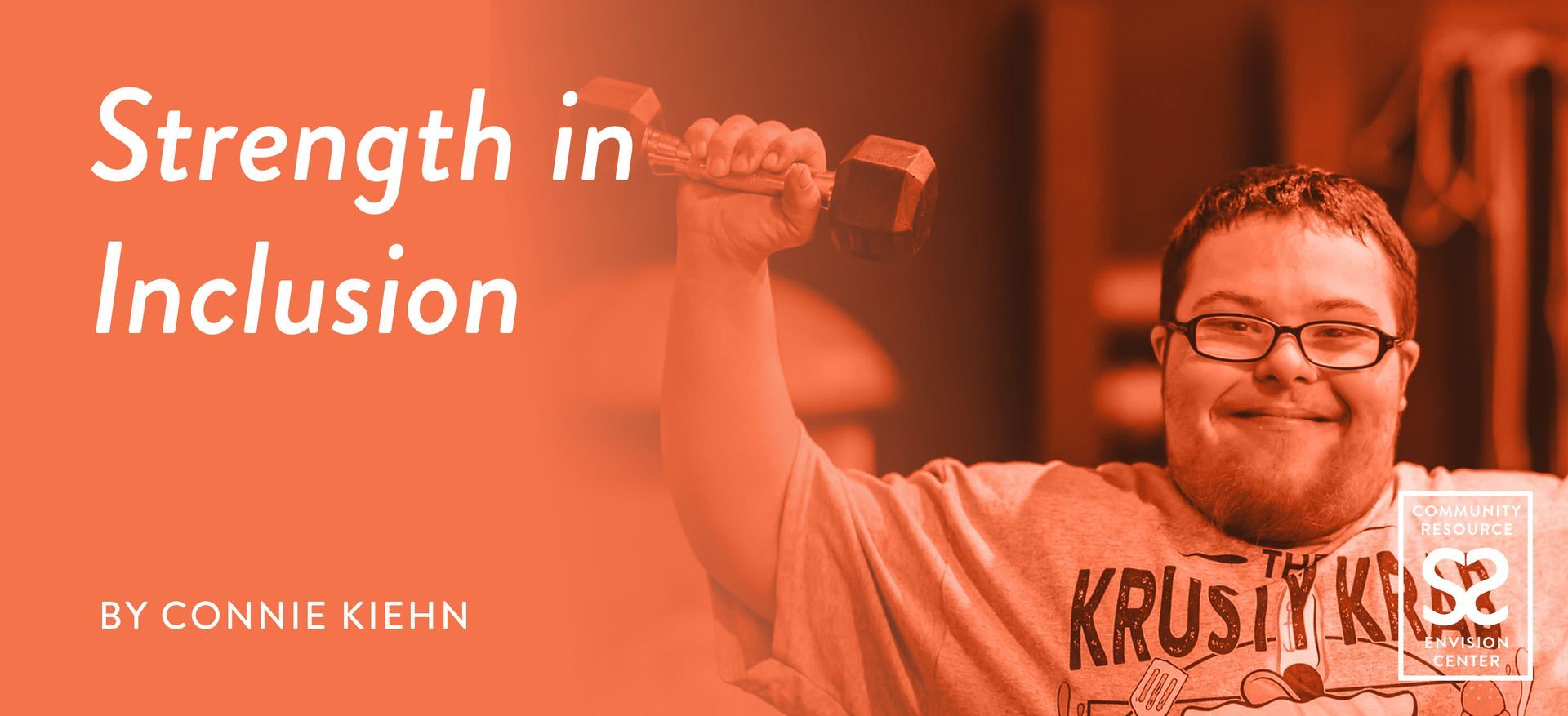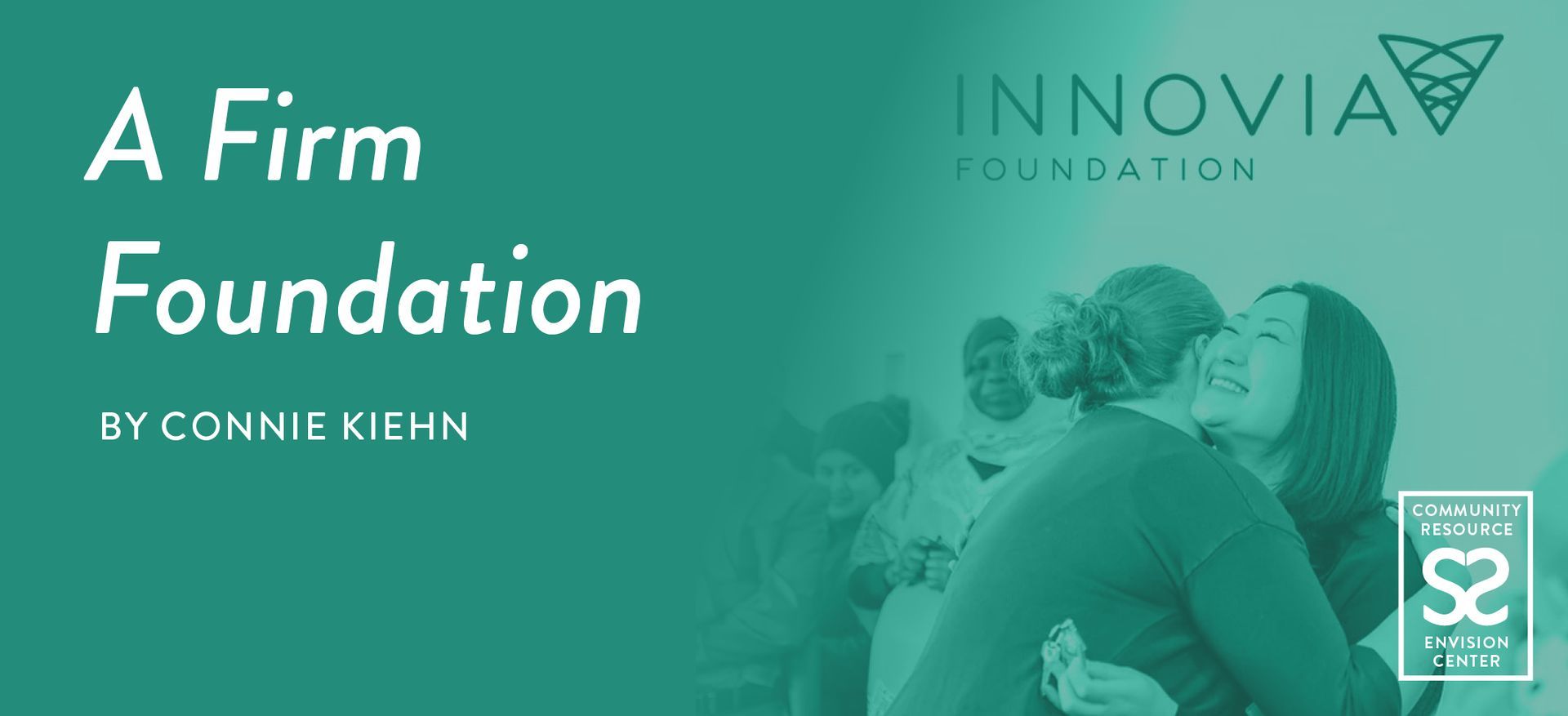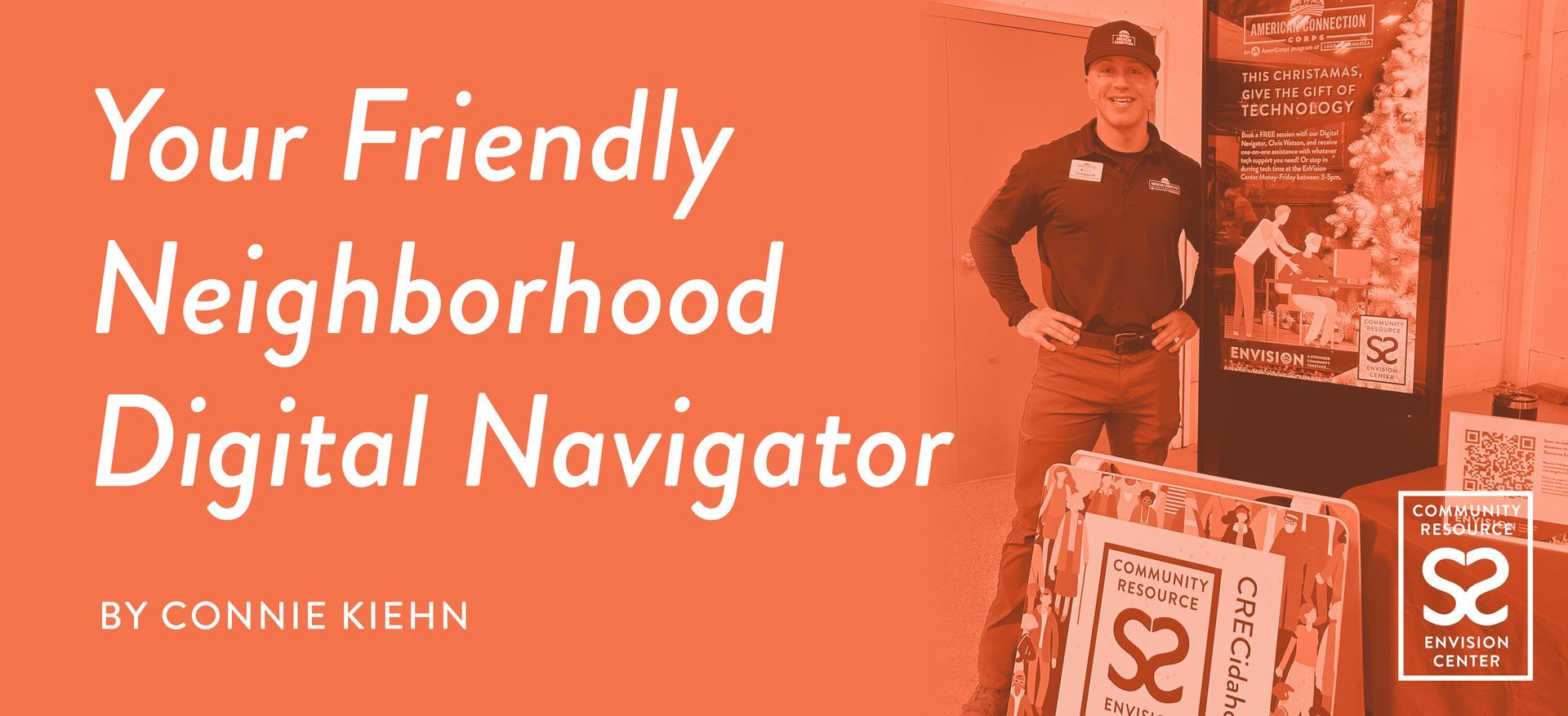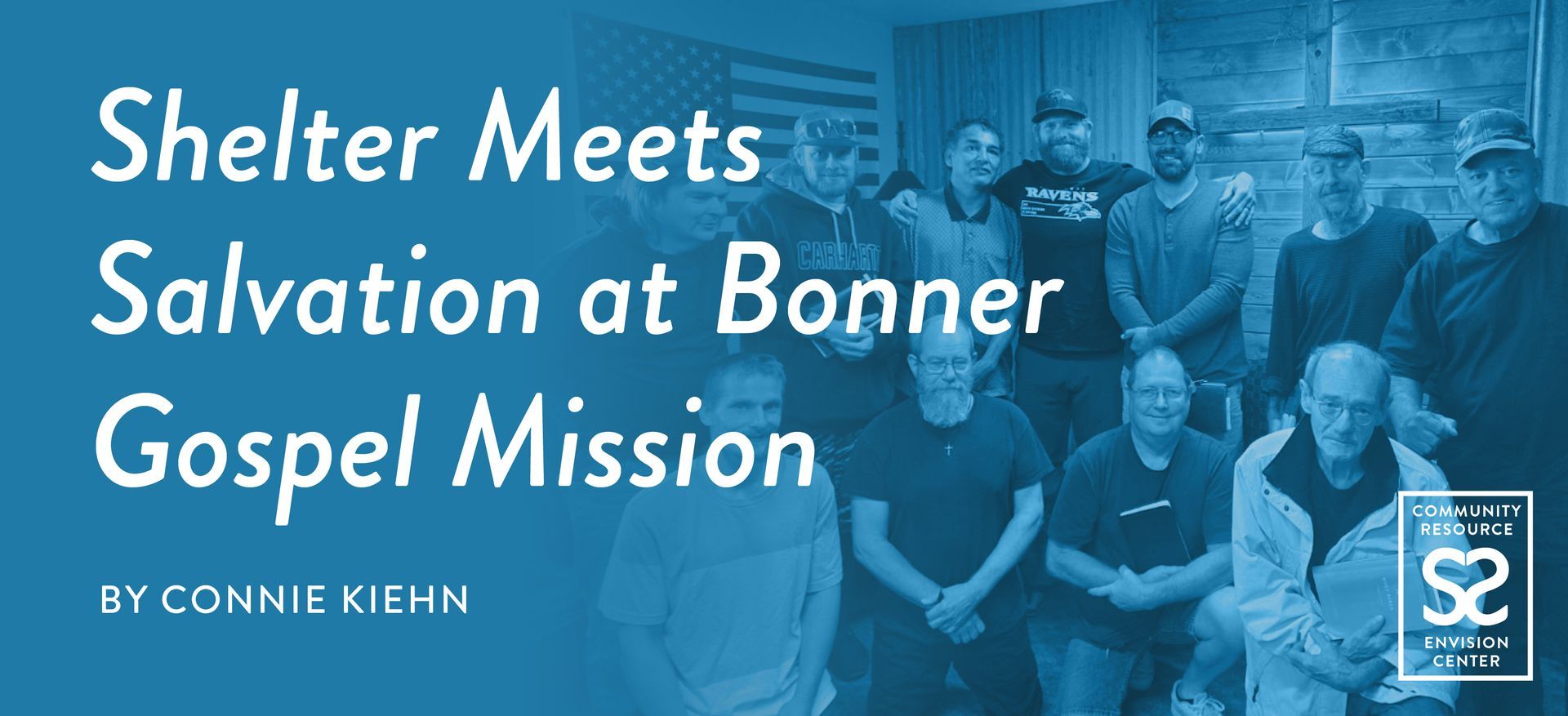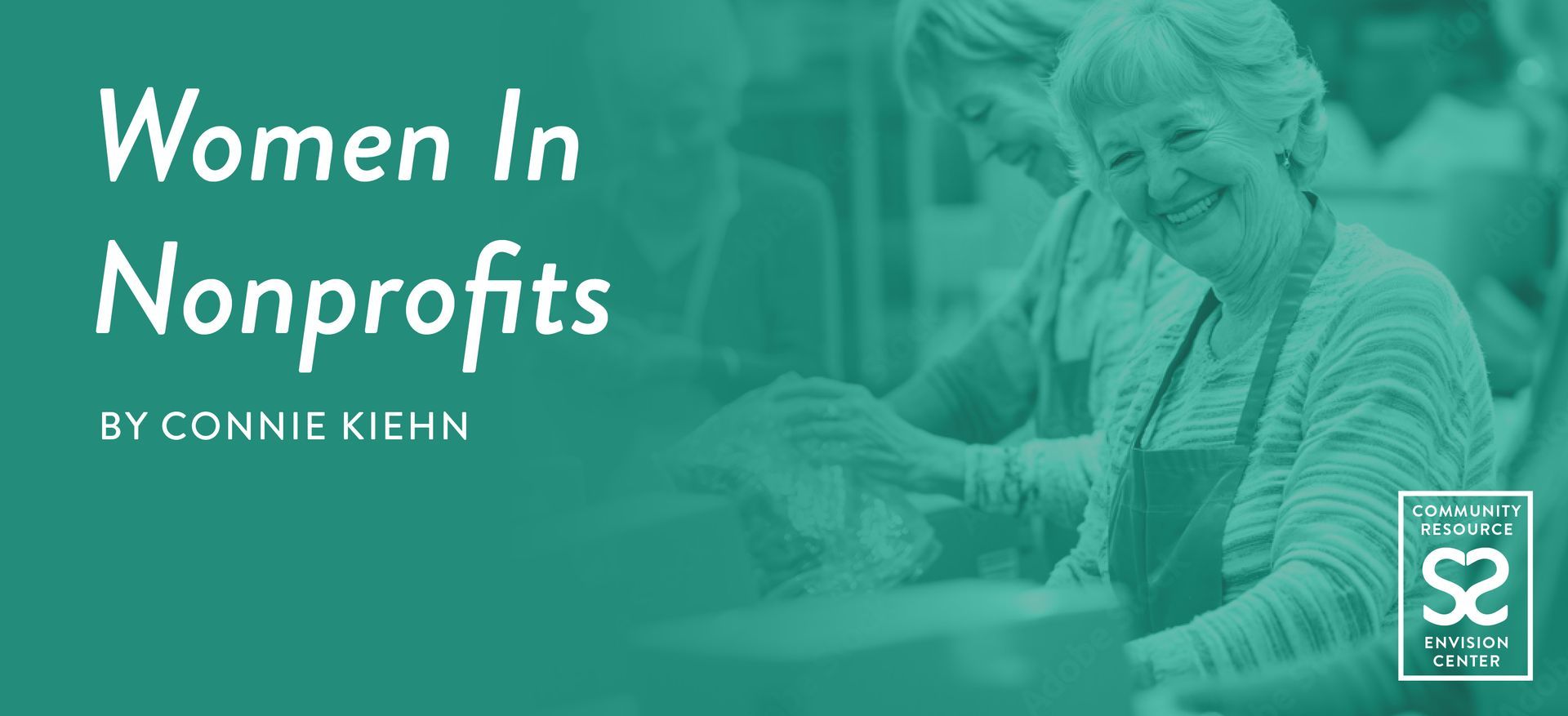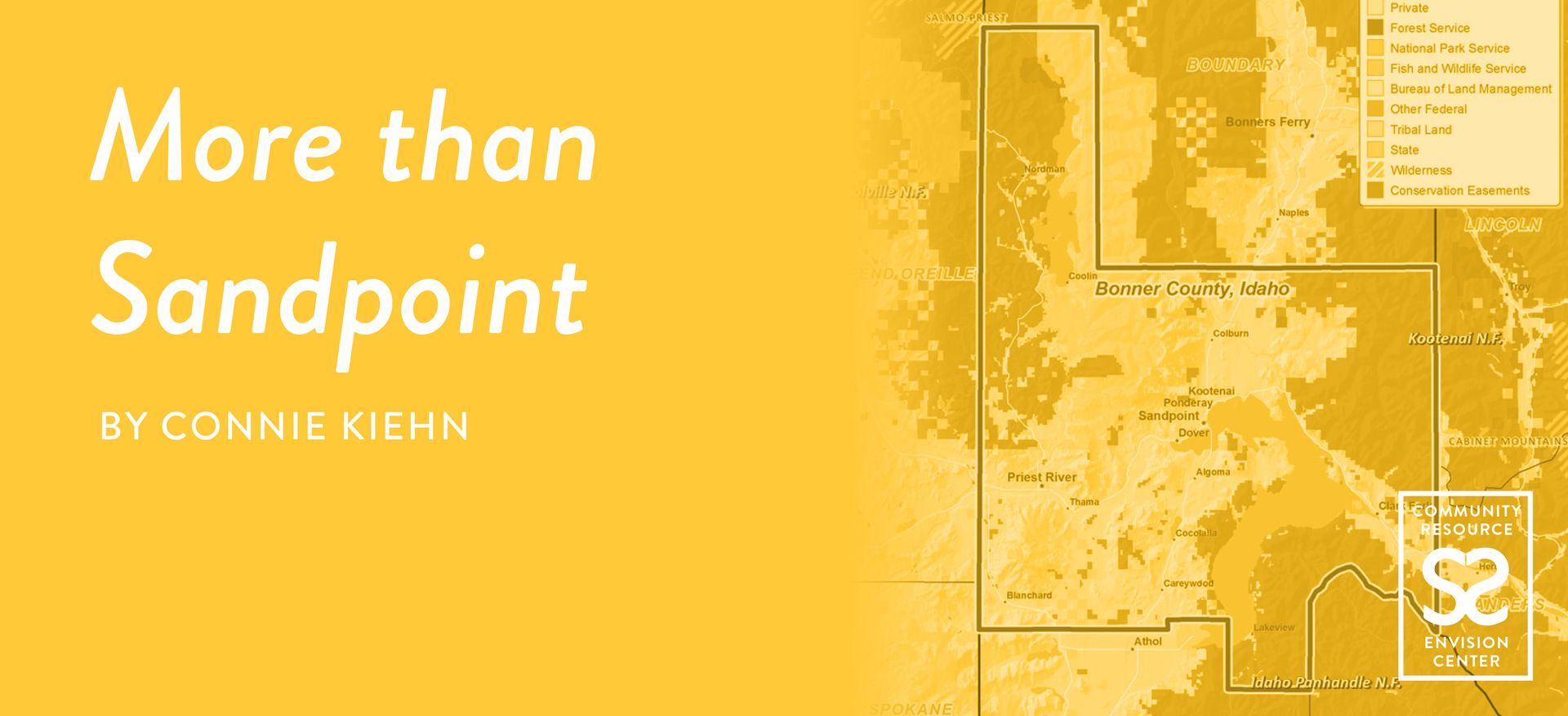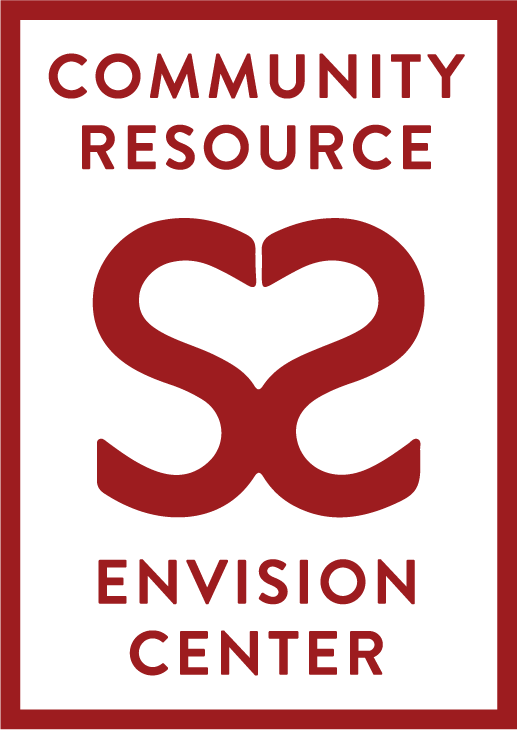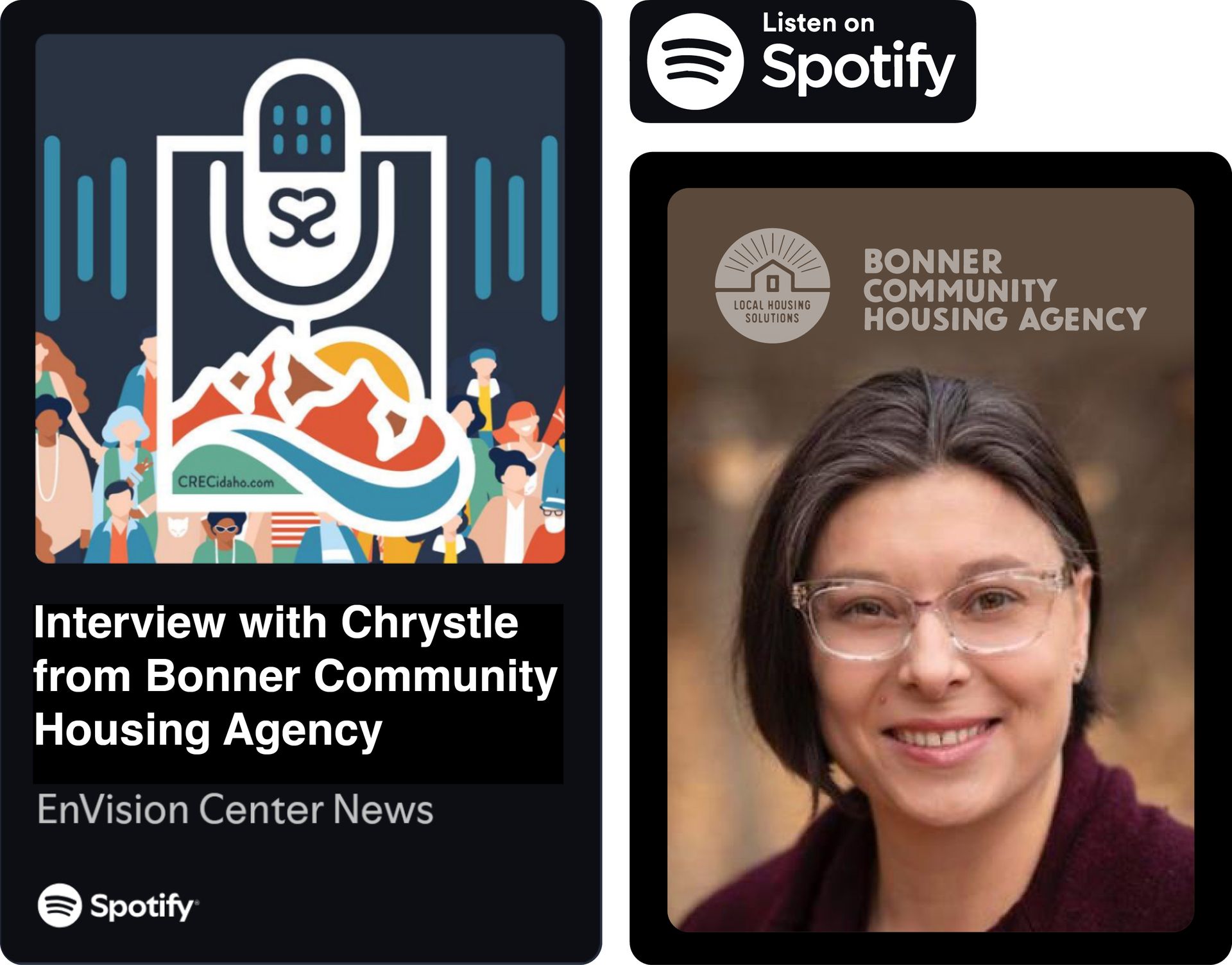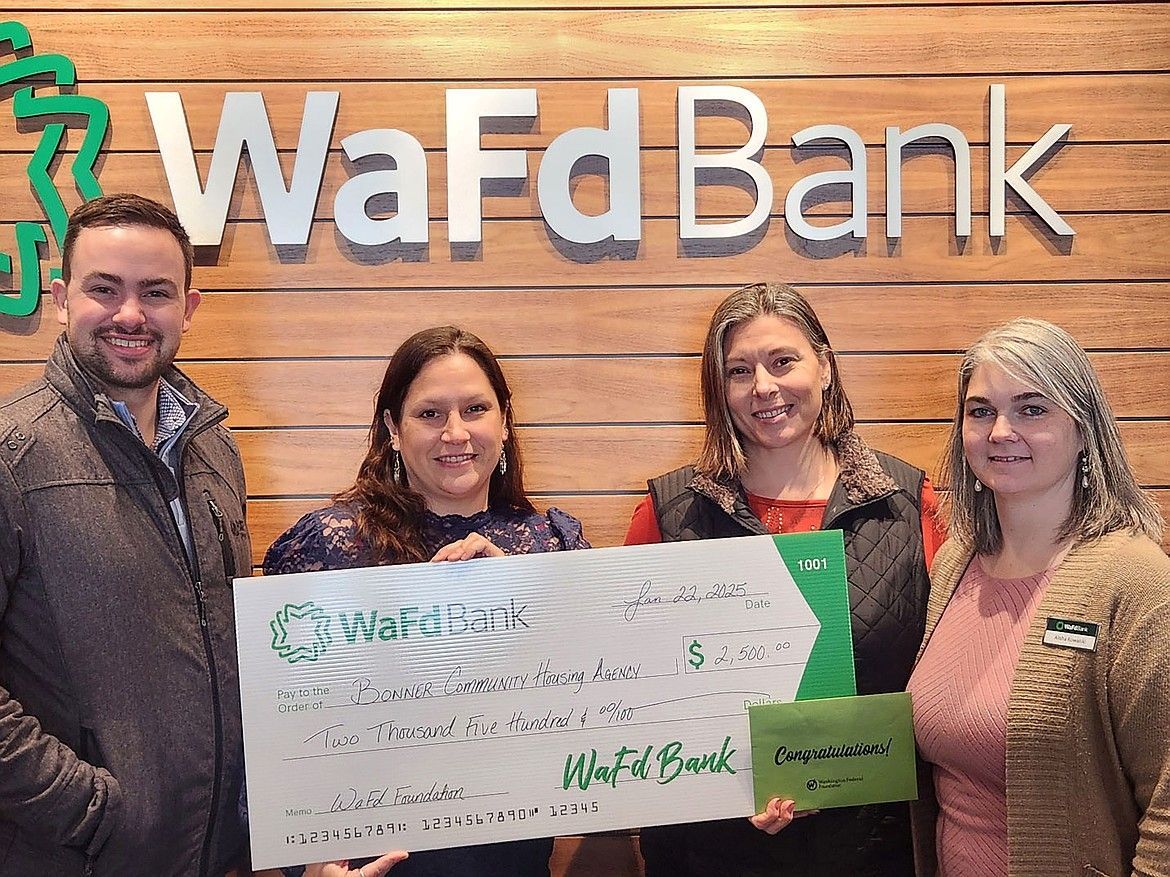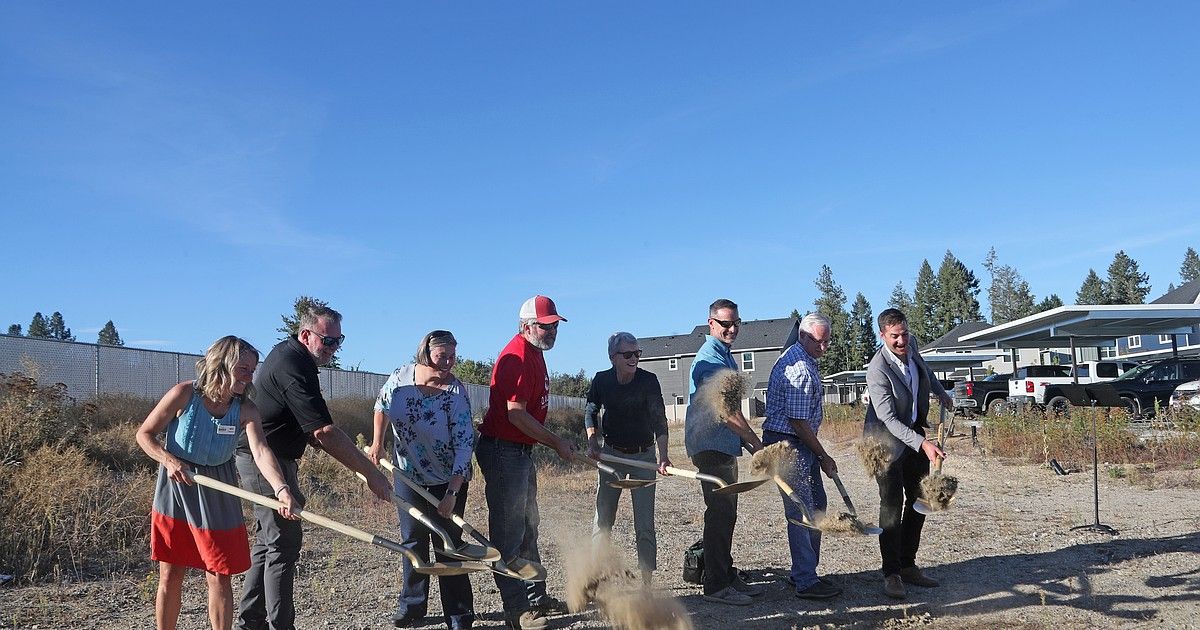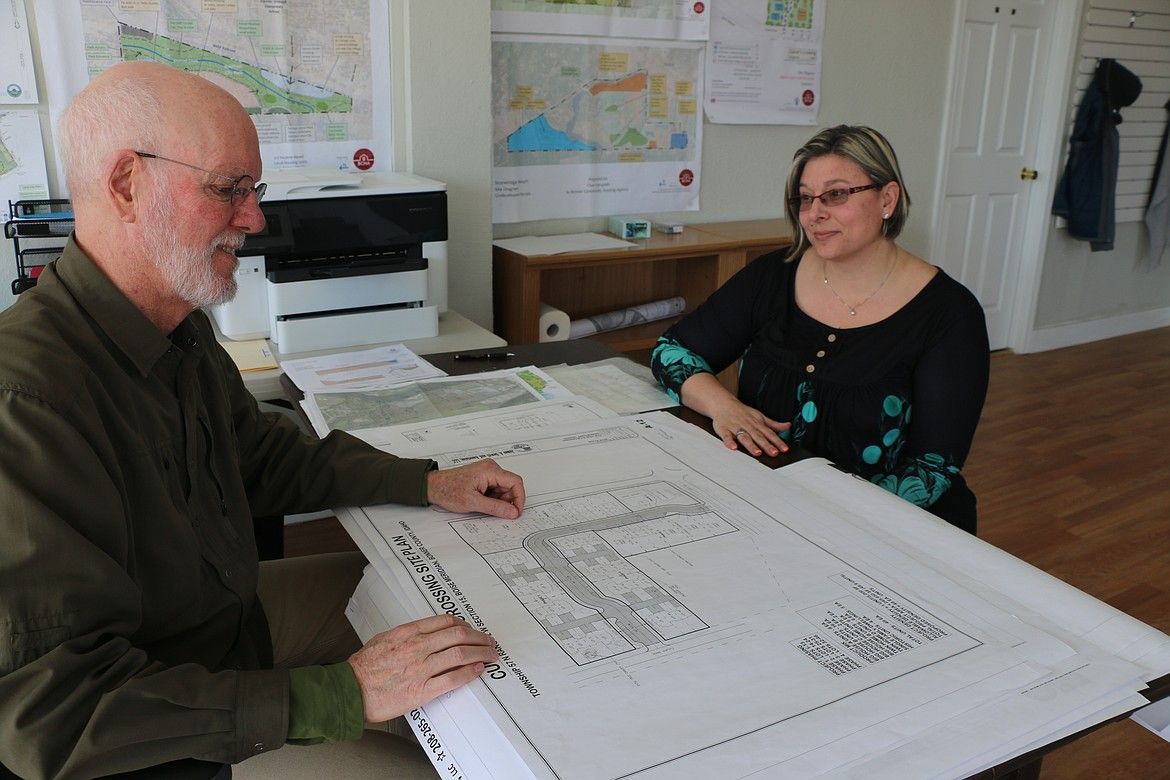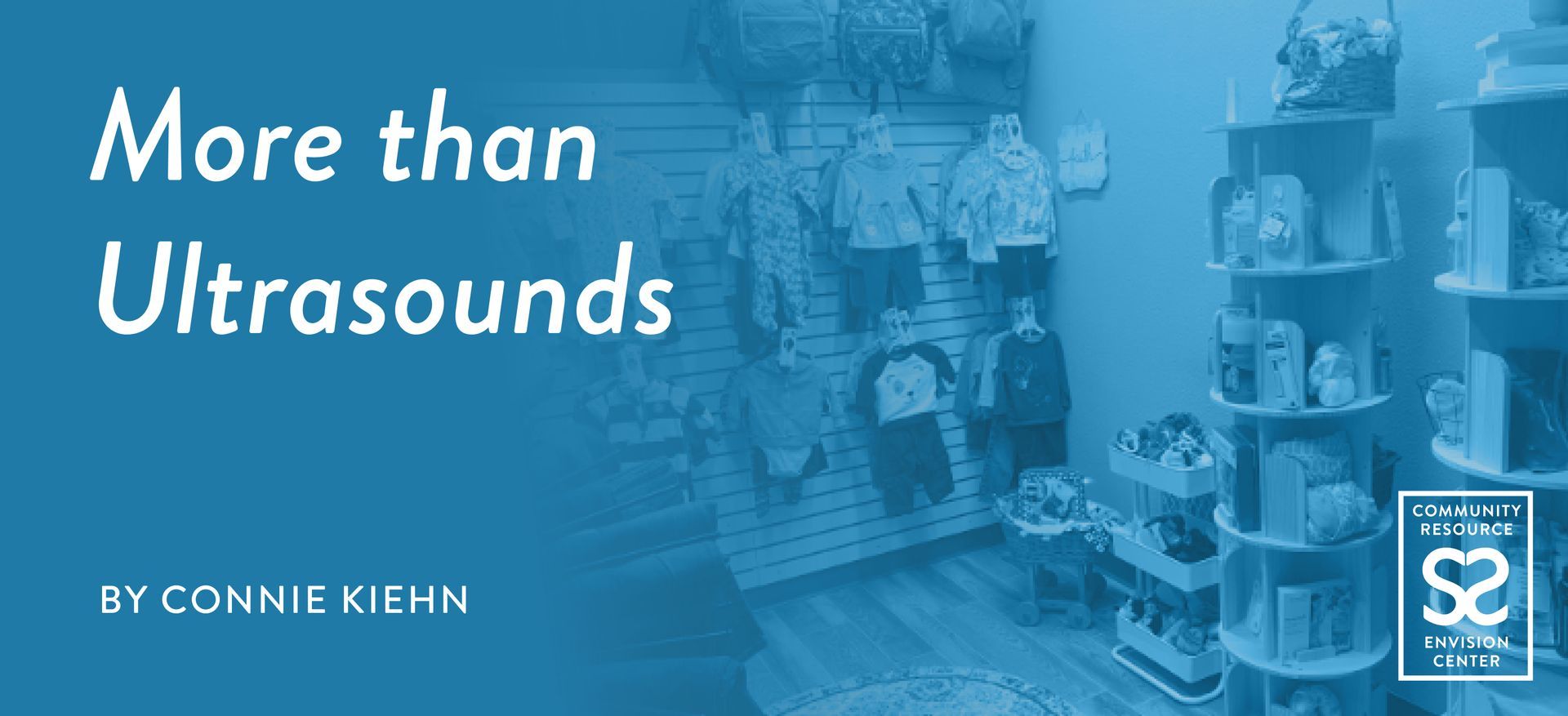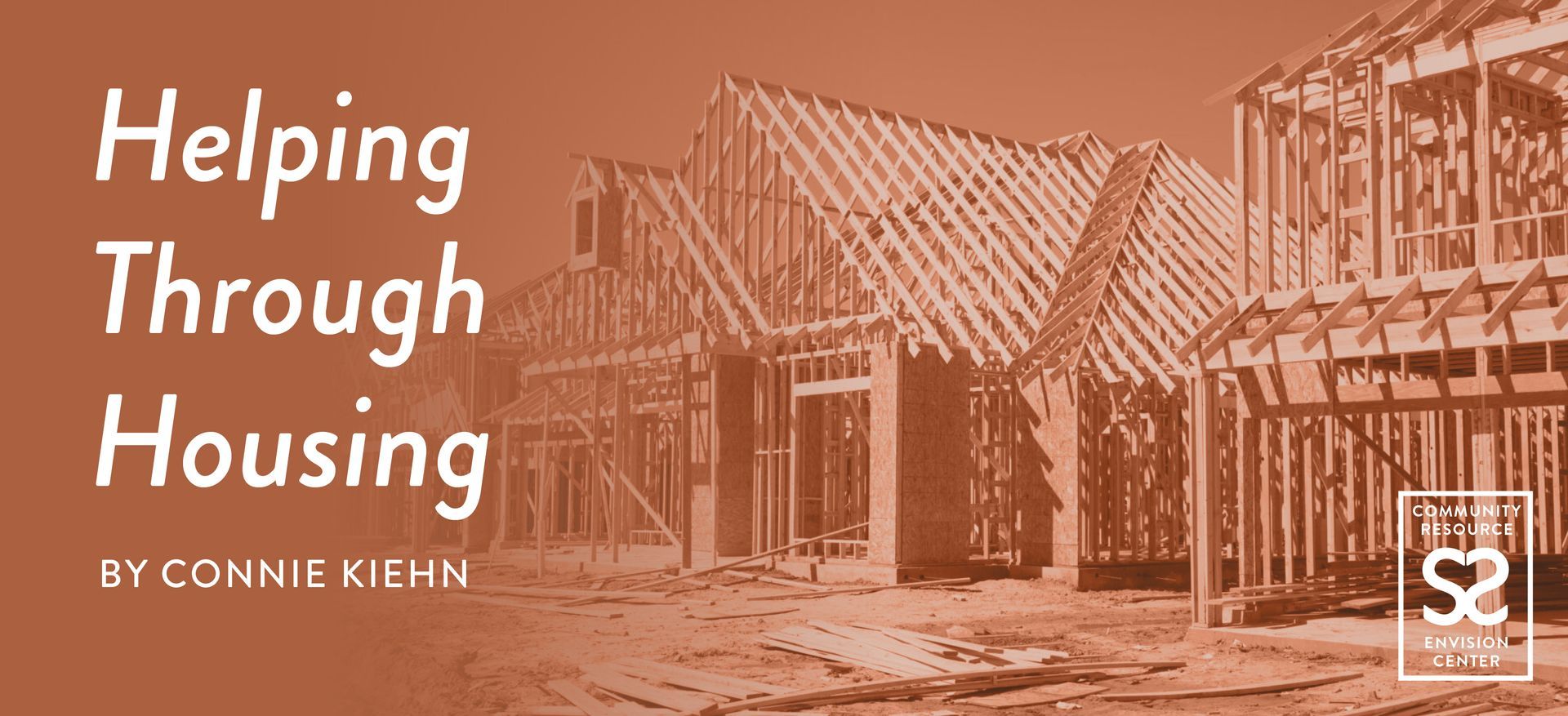
Like so many people we talk to at the EnVision Center, Chrystle Horvath’s path to Bonner Community Housing Agency (BCHA) wasn't a straight line. After dedicating years to law enforcement, she retired to focus on raising her children. After a life-changing event, Chrystle was working at times four different jobs as she reoriented her life when a friend on a nonprofit board recognized her passion for helping people and suggested she apply for a position at BCHA as a project manager — a position that would eventually lead to her role as Executive Director.
For Chrystle, it was a natural fit. "I love the fact that I don't have to arrest somebody to help somebody," she explained. "I just get to help them."
The Growing Need for Affordable Housing
Chrystle has now been the Executive Director at BCHA for two years and with the organization for four years. Incorporated in 2007, BCHA has been a long-standing advocate for affordable housing in the region. I assumed that during and post-COVID, the need for this work must have surged. Chrystle told me conversations about this issue have perhaps intensified, but the need has been constant since the beginning. There are currently over 300 families on the BCHA waiting list.
BCHA primarily relies on federal grants to fund its projects. However, Chrystle expressed a desire to shift towards more private donations to reduce the administrative burden associated with federal funding.
"There's a lot of hoops we have to jump through and regulations we have to abide by when we have federal funds involved in a project," she explained.
A Collaborative Approach to Building Community
Bonner Community Housing Agency aims to build three to four homes per year. Under Chrystle's leadership, BCHA has partnered with Kaniksu Land Trust and Leap Housing, based out of Boise, and set an ambitious goal of 100 affordable homes in the next five years. These homes will likely be a combination of single-family homes and multi-unit dwellings, depending on the available property and local zoning regulations.
So, what does affordable actually mean? Bonner Community Housing Agency defines affordable as housing that can be purchased by individuals and families earning the average median income. For a family of four, this translates to approximately $57,000 per year. Loans are packaged through the USDA with BCHA’s help, which helps make homeownership a reality for families who might not qualify for traditional mortgages.
Acquiring suitable lots at affordable prices is a significant hurdle for BCHA. They explore various strategies, including tax deductions for property owners who sell at reduced prices and accepting donated properties. Chrystle emphasized the need for properties priced between $40,000 and $50,000 to keep housing costs affordable for families.
It might surprise you to learn what kinds of people and families qualify for help from BCHA. Many essential workers in the community – gas station attendants, waitresses, nurses, teachers, mail carriers, police officers, and firefighters – need help establishing secure, stable housing.
Whether it's through donations, volunteering time and skills, or simply connecting BCHA with others who care about housing, every contribution makes a difference. If you’re not sure how you can help, but this cause has piqued your interest, Chrystle encourages you to reach out and set up a date with her.
"Come and have coffee," she invited. "I'm happy to tell you all about it. If you're in any way in a situation where you might be able to help or donate, whether that's a skill that you have, time, or connecting us with other people you know who care about housing, any of those things are on the table."
As BCHA continues to grow and make a tangible impact in the community, Chrystle's dedication and vision shine through in every project. Whether through partnerships, private donations, or community support, the need for affordable housing remains critical. Bonner Community Housing Agency is working tirelessly to ensure that more families have access to secure, stable homes, and with continued support, they will keep making a difference, one home at a time.

REFERENCES:
- https://www.bonnerhousing.org/
- https://www.kaniksu.org/
- https://www.leaphousing.org/
- https://www.rd.usda.gov/programs-services/single-family-housing-programs/single-family-housing-guaranteed-loan-program


